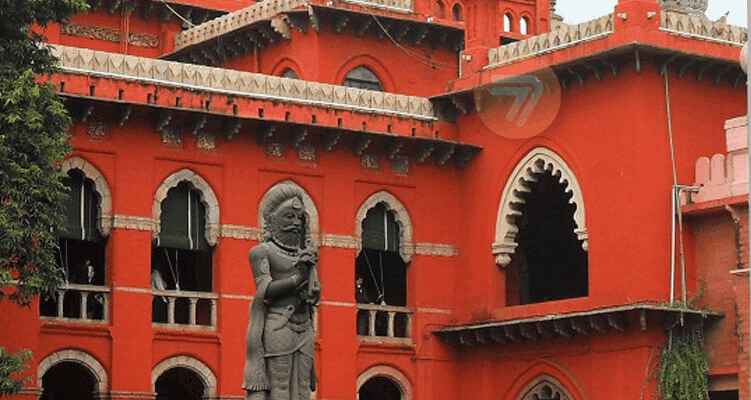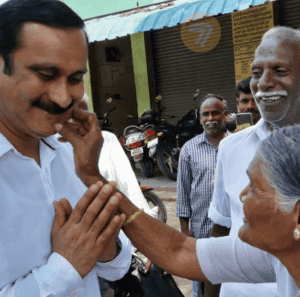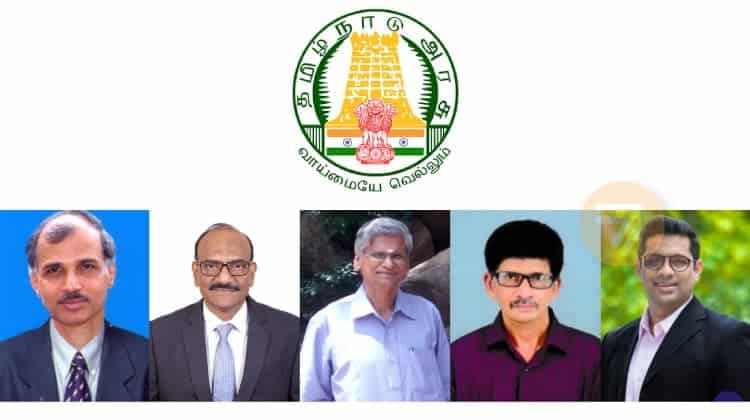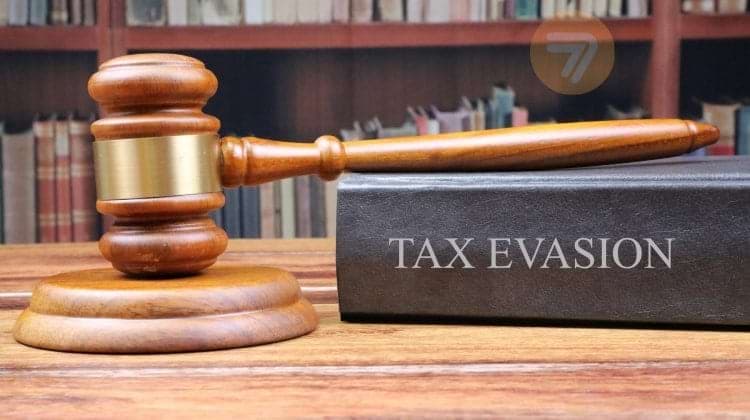Madras High Court Rejects Ban on Online Poker and Rummy
14 Nov 2023
Legality of Gambling Prohibition and Gaming Regulation Act Upheld
On Thursday, the 9th of November, 2023, the High Court of Madras struck down as ultra vires to the Constitution Tamil Nadu’s second ban on online games rummy and poker due to their skill-based nature. Still, it upheld the legality of the Act that contained the prohibition.
The HC ruling is on a batch of petitions filed by the All India Gaming Federation (AIGF) and several homegrown online gaming businesses, including Gameskraft, Games24x7, and Head Digital Works, and comes a little bit more than two years after the court rejected the state’s first online gaming ban on the 3rd of August 2021.
“Madras HC division bench of Chief Justice Sanjay Gangapurwala & Justice Audikesavulu today strikes down TN govt’s 2nd attempt to ban online games of skill like poker & rummy through the Tamil Nadu Prohibition of Online Gambling and Regulation of Online Games Act, 2022,” tech and gaming lawyer Jay Sayta tweeted on the day of the decision.
However, this time, the HC bench did not quash the entire law. It only addressed some provisions deemed “unconstitutional.” These provisions sought to declare poker and rummy as games of chance. The HC advised for their regulation instead.
“Schedule to the Act deeming games of poker & rummy to be games of chance struck down. Certain other provisions of the 2022 law struck down. Open for state govt to impose regulations of time & money on online games of skill,” Sayta commented in his tweet.
Skill vs Chance Distinction Upheld Despite Legal and Tax Changes
The decision of the Madras HC continued the previous practice of High Courts and the Supreme Court. They distinguish between games of skill on one hand and games of chance, gambling, and betting on the other.
“It has been authoritatively held by the Supreme Court in a catena of judgments, so also this court, that the games of rummy and poker are games of skill,” the bench of Chief Justice Gangapurwala and Justice Audikesavulu held.
At the same time, the State Government has “miserably” failed to demonstrate any difference between poker and rummy. This includes both offline and online play. The court observed that both modes require the same activities of the brain.
“If the state comes across the usage of bots or any dubious methods in the play of games of rummy and poker, it can take action,” the ruling stated.
The skill vs. chance distinction was introduced in India by the Public Gambling Act 1867, which has not been revoked. The Madras decision was not affected by recent legislative changes, i.e. the IT Amendment Rules, 2023, which distinguished between permissible and non-permissible online real money games, and the latest GST Acts amendments, which divided online games into money games and non-money games.
The Madras HC bench also clarified the legal competence of states again. “The state has ample power to enact legislation to prohibit online gambling. It also has the power to regulate online games of skill in the state. Instead of resorting to regulating online games of skill, in this case, rummy and poker, the state has simply prohibited the games. The same was in excess of its legislative competence.”
TN Political Class Remains Stubbornly Fixed on Prohibition
PMK President Anbumani Ramadoss was quick to urge the DMK-led State government of Chief Minister M. K. Stalin to disregard the HC direction to regulate online skill games by limiting time and money expenditures and directly appeal it before the Apex Court of India.
“Law banning online gaming was passed after several hurdles including a delayed accord from the Governor. As the online rummy has been removed from the Act, it has become useless. The government should file an appeal and get a stay against the High Court order,” Ramadoss said in a dedicated statement.
The absolutist view of the PMK President goes in line with the stubborn stance displayed by the parties across Tamil Nadu’s political spectrum and is perfectly exemplified by the statement of retired justice K. Chandru that banning was the only “way out” for the Southern State.
Madras High Court Rejects Ban on Online Poker and Rummy | Statement from PMK President Anbumani Ramadoss
In his statement, Ramadoss expressed alarm. His concern was that Indian online gaming companies have started again offering their games to Tamil Nadu residents. These offers were made as early as the 10th of November. Including marketing welcome bonuses of ₹10,000. As well as chances to win extravagant prizes such as ₹1 crore and 1 kg of gold.
“Persuaded by those offers, youngsters get addicted to gambling and lose several lakh rupees. Due to this, families become poor and some commit suicide. This has happened in the past. It should not be repeated,” he urged.
“The government should have the responsibility of saving people. It should have already commenced the process for an appeal. At least an announcement of an appeal should have been made,” Ramadoss insisted that the ill-fated ban was the only action ahead.
However, this view is not shared by the High Court. Which pointed out that online money games are not available to schoolchildren and people under 18.
“We are now transcending into the era of digitisation and entertainment. People, instead of playing in clubs, are now playing online. With the rise of internet connectivity and technological advancements, we see a spurt in online games,” the division bench observed.
Madras High Court Rejects Ban on Online Poker and Rummy | Homegrown Industry Applauds the High Court of Madras
The Indian online gaming industry welcomed the ruling by the Madras HC division bench. Contrary to the distress of Tamil Nadu’s political class.
“The verdict today by the Madras HC holding online Rummy and Poker as games of skill is yet another validation for the legitimate online skill gaming industry,” the newly appointed Chief Executive Officer of the E-Gaming Federation (EGF) Anuraag Saxena stated.
“Time and again, the Indian judiciary has struck down provisions seeking blanket prohibitions on skill gaming as ultra vires the constitution. A forward-looking policy has the potential to significantly drive and support the growth of this emerging sector,” he added.
“We are optimistic that judgments like this will urge state governments to explore more progressive policy frameworks and regulatory structures for the sector,” Saxena concluded.





